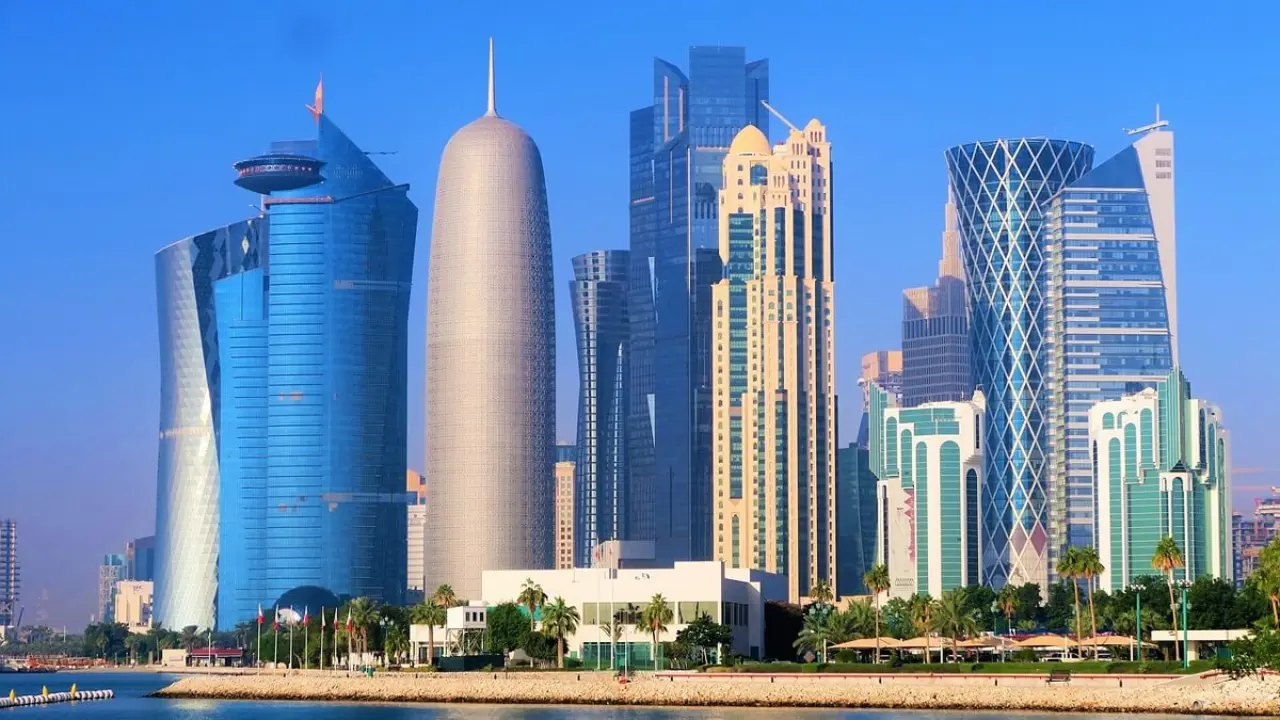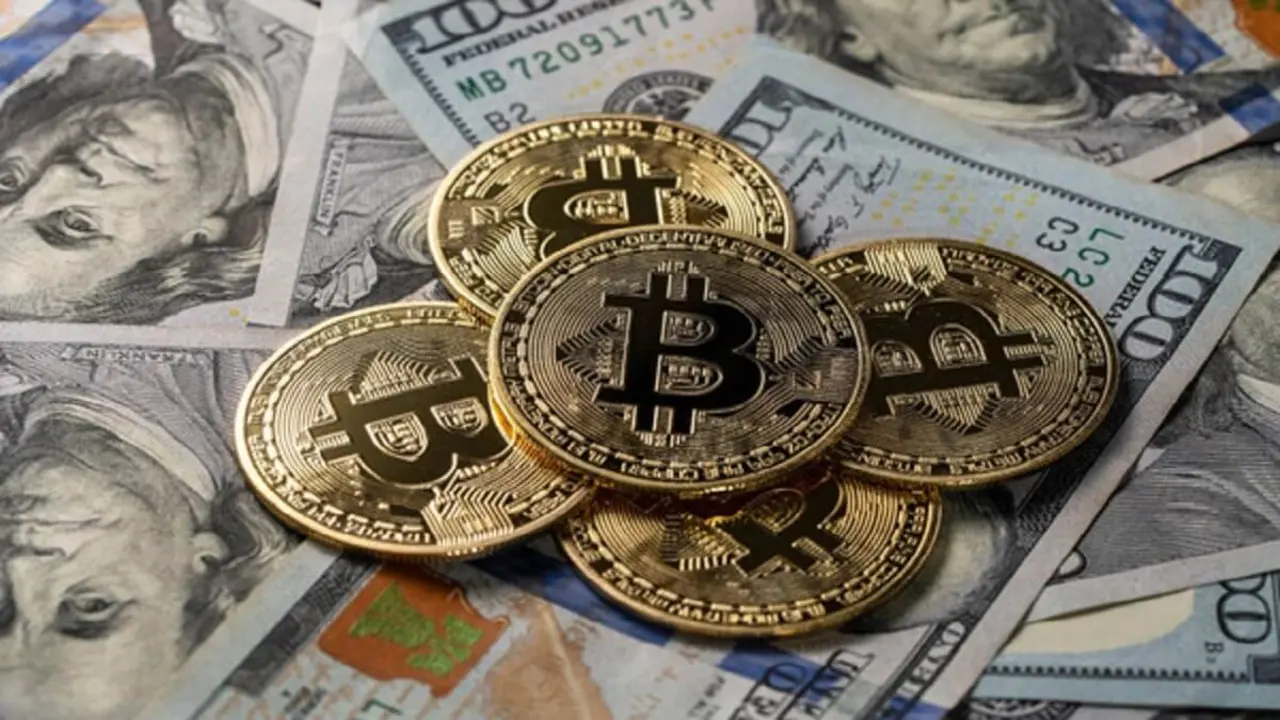International Monetary Fund calls on governments to bail out businesses
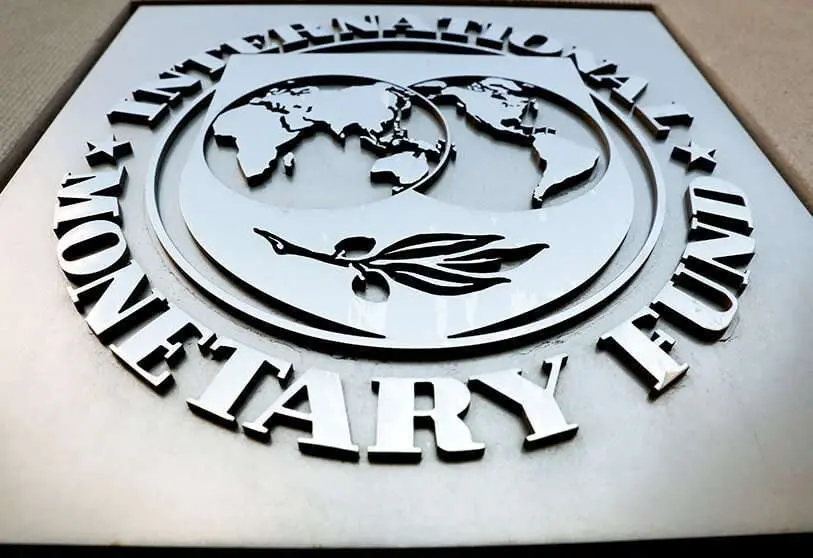
Corporations accumulated debt of $83 trillion, 98% of global gross domestic product, by the end of 2020. The International Monetary Fund (IMF) said governments should support all entities that can recover from the gap caused by COVID-19.
IMF managing director Kristalina Georgieva said that "strong international cooperation and extraordinary policy agility" will be crucial in dealing with a "complex obstacle course". Last January, the Fund cut its forecast for economic growth this year to 4.4 per cent due to rising inflation.
Supply chain disruptions, the Omicron variant and concerns related to China's real estate sector are among the factors that have contributed to the slowdown in the economic recovery. Global debt, both public and private, stands at $226 trillion.

At the latest meeting of G20 finance ministers and central bank governors, the IMF said that "inflation readings remain high in many countries, financial markers are volatile, and geopolitical tensions have risen sharply".
The international body is using a novel indicator to determine the extent to which countries' insolvency and restructuring systems are prepared for a large-scale financial crisis. Low-income countries are the least prepared to reorganise or liquidate troubled firms.
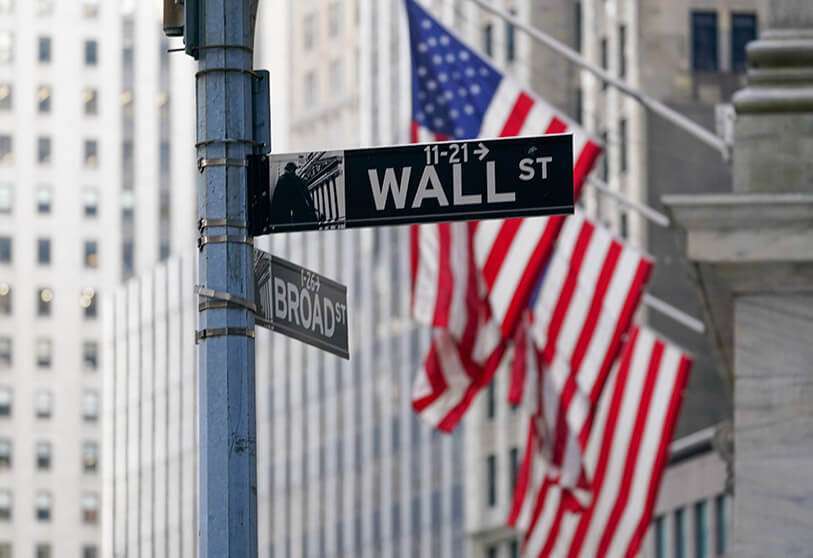
The Fund's managing director found that the number of high risk low-income countries has doubled since 2015. These nations must strengthen efforts to improve their solvency systems. They must also include transparency safeguards to smooth risks and establish robust recovery plans.
Solvency systems must be adequately resourced to handle a significant increase in the number of companies in arrears. Countries without strong procedures should rely "on out-of-court or hybrid restructuring, where courts play a limited role in supporting negotiations between debtors and creditors".

According to the IMF, macroeconomic policies should be adjusted according to each country's circumstances. In the coming months, many nations will experience a particular monetary cycle as the boom and bust phases of business expansion and contraction are set to tighten.
G20 economies will have an important role to play in ensuring that recovery efforts are more transparent. "The G20 is crucial to deliver on global ambitions, including by focusing on amplifying the effect of the historic $650 billion allocation".
Despite this, the UN Conference on Trade and Development reports that global trade increased by 25 per cent last year, reaching $28.5 trillion. This positive trend in trade is due to higher commodity prices and the easing of pandemic restrictions.
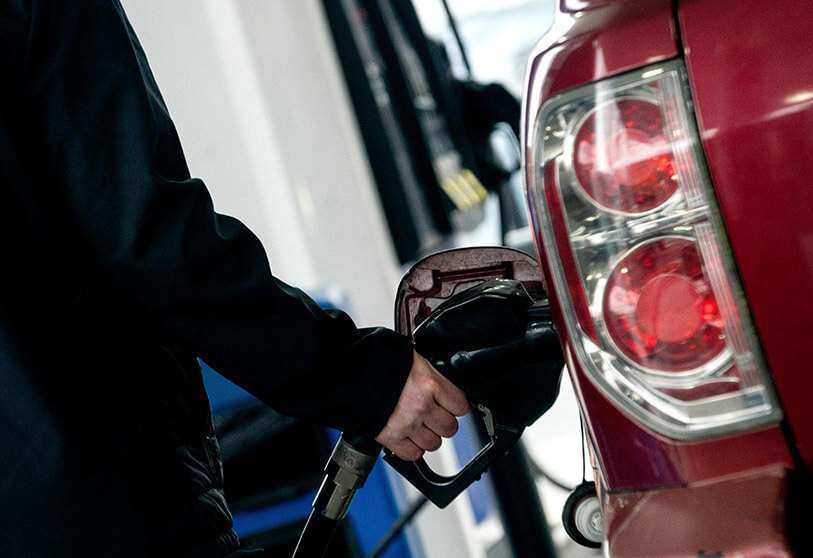
For its part, the UK expects growth of 4.7% and inflation to peak at 7%. The British economy was severely damaged by the pandemic. Its output fell by more than 9%, its biggest drop since 1919.
Output was boosted by the government's multi-million dollar aid packages to support jobs and businesses during the crisis. The main risk to this recovery is the emergence of new waves of COVID-19 and the side effects of tensions in Eastern Europe.
UK financial services minister John Glen said the nation will unlock "tens of billions of pounds of capital from the insurance sector". This should boost the economy through investment in infrastructure. Brexit supporters see this reform as a show of independence in writing their own financial regulations.




